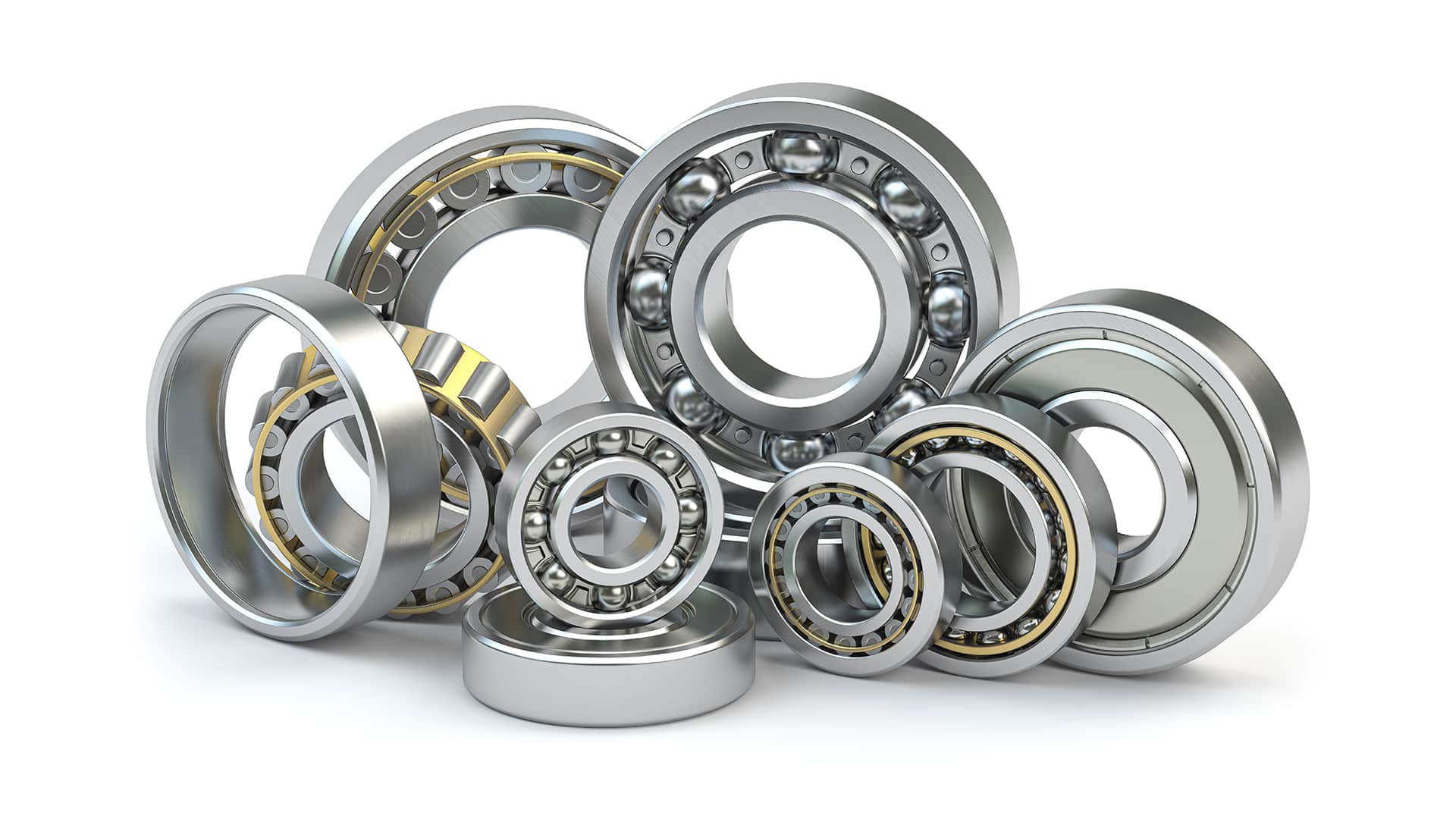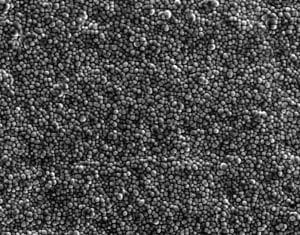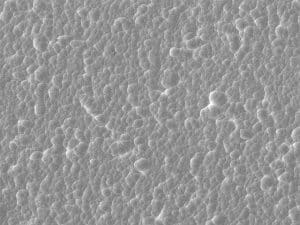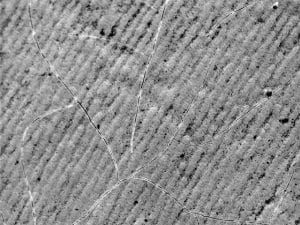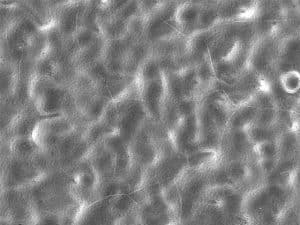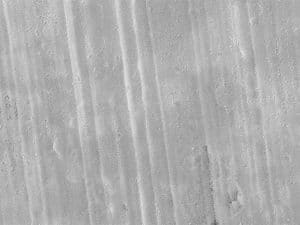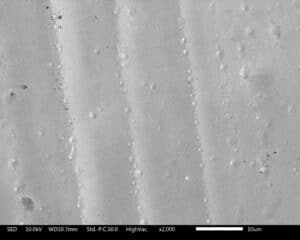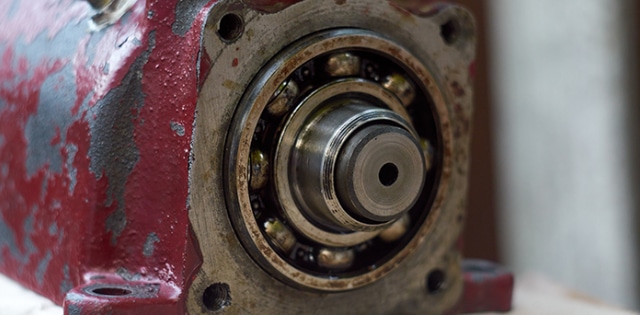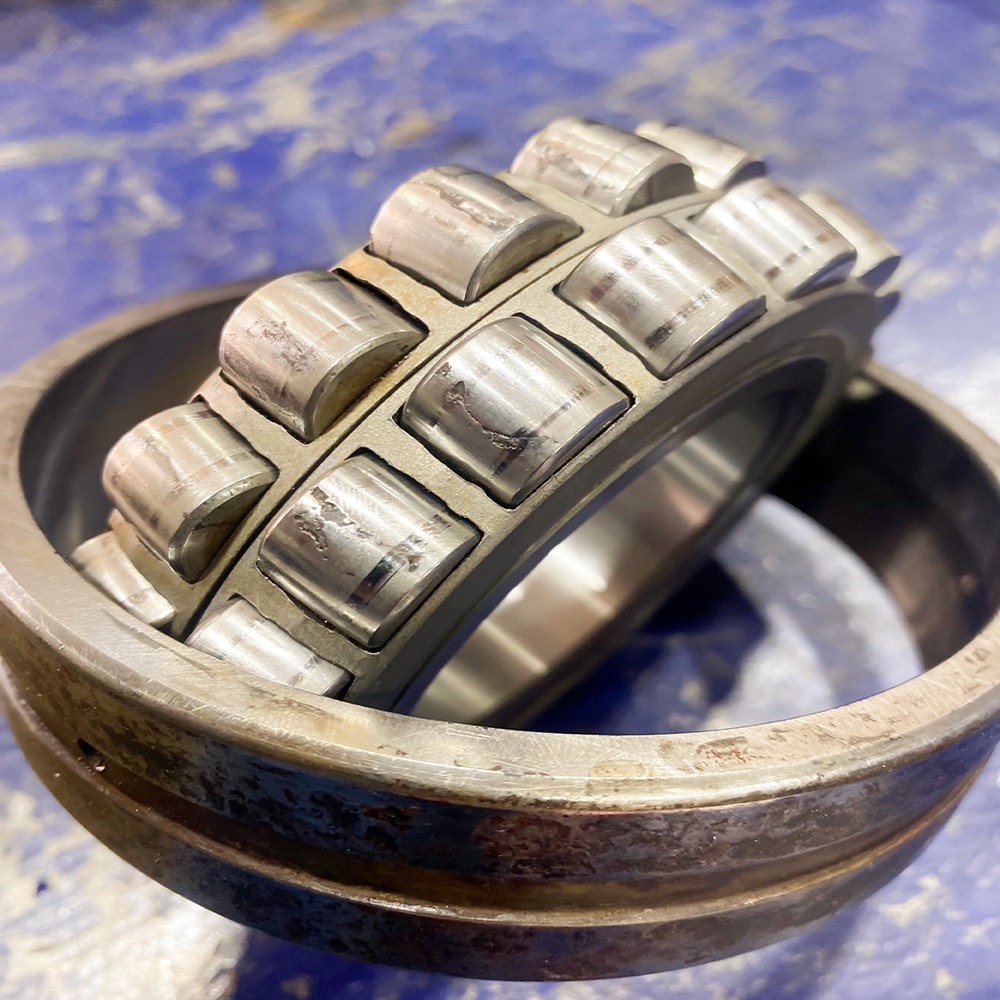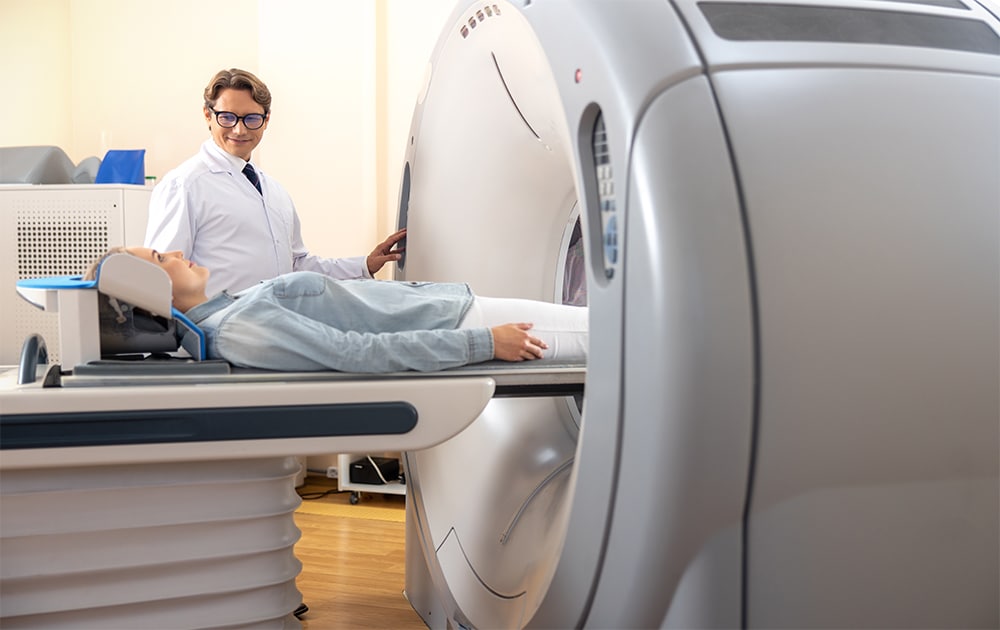There are several types of coatings for bearings, including polymer coatings, ceramic coatings, metallic coatings, and fluoropolymer coatings. Each type is designed for specific applications—polymer coatings provide self-lubricating properties, while ceramic and metallic coatings offer high-temperature resistance and durability in heavy-duty operations.
coating solutions for the bearing industry
The Purpose of Bearing Coatings

Benefits of Bearing Coatings from Armoloy
Metal failure mitigation
Armoloy protective coatings have helped mitigate risk from a wide range of metal failures
Improve performance
We produce solutions that prevent metal failure while increasing cycle times
Reduce downtime
Armoloy helps protect your metal assets by reducing the need for maintenance and making maintenance more predictable
Decrease costs
In addition to reduced downtime, Armoloy coatings are a cost-effective way of meeting performance requirements instead of using an exotic or expensive base metal
Regulatory compliance
Select Armoloy locations are certified to NADCAP, AS9100, and ISO 9001—with plating lines compliant to industry standards including AMS 2438 and AMS 2460
Long-lasting solutions
Our performance for over 65 years and constant innovation provides continual value for your business
Global reach
Armoloy operates a total of 9 processing facilities across 7 U.S. states, as well as 6 international facilities located in individual countries spread throughout 3 continents
Turnkey partnership
We’re with you throughout the entire process, acting as a single point of contact for all deliverables
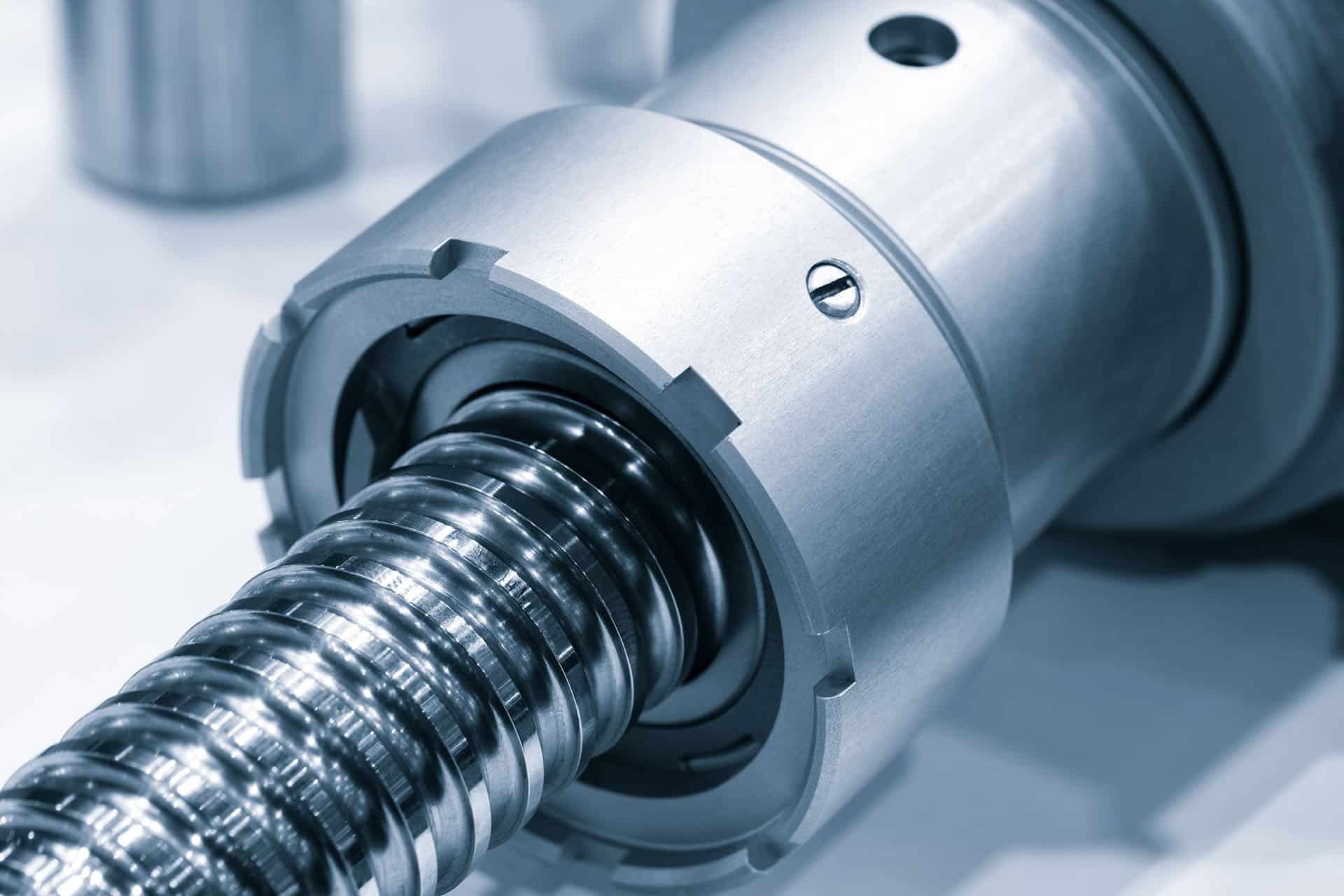
Why Choose Armoloy?
End-to-End Coating Expertise
- Armoloy offers a comprehensive approach to surface treatment, powered by an in-house metallurgical lab dedicated to continuous improvement and research. We collaborate with you from the early planning stages through coating application and final inspection, ensuring each bearing component performs at its best.
Engineered Process Reliability
- Through our innovation center, we develop coating methods that are both precise and repeatable. Once qualified, these processes are implemented at any of our global fulfillment centers—ensuring that bearings receive consistent, high-quality protection no matter where they’re coated.
Worldwide Fulfillment, Consistent Results
- Our global network of processing centers enables us to deliver uniform coating performance across international operations. Whether your bearings are produced locally or overseas, you can count on timely delivery and unmatched quality wherever we serve you.
Process Accreditations at Armoloy
Armoloy coatings have passed the rigorous testing standards for the following accreditations:
Coating Specifications at Armoloy
Armoloy ensures compliance with industry standards and specifications to include:
Applications of Coatings for Bearings
Armoloy coatings enhance the functionality of various types of bearings, including:
- Plain Bushings (Sleeve/Journal)
- Spherical Plain Bearings (radial + rod ends)
- Thrust & Flanged Bushing (radial + rod ends)
- Angular-Contact Ball Bearings
- Self-Aligning Ball Bearings
- Thin Section (Constant Cross-Section) Ball Bearings
- Y-Bearings (Pillow Blocks & Flanged Units)
- Deep-Groove Ball Bearings
- Four Point Contact Ball Bearing
- Spherical Roller Bearings
- Tapered Roller Bearings
- Cylindrical Roller Bearings
- Needle Roller Bearings
- Thrust Roller Bearings
- Toroidal Roller Bearing (CARB-type)
- Linear Bearings
- Fluid Bearings
- Magnetic Bearings
- Flexure Bearings
- Journal Bearings
Frequently Asked Questions
Coatings reduce friction in bearings by creating a low-friction, wear-resistant surface that minimizes direct metal-to-metal contact. For example, Armoloy Thin Dense Chrome (TDC) features a micronodular surface structure that can retain trace lubricants or function effectively in dry or low-lube conditions.
This reduces frictional drag, prevents galling, and minimizes heat buildup during operation — all of which contribute to smoother performance and longer service life. In high-load or high-speed applications, coatings also protect against abrasion, fretting, and lubricant breakdown, improving bearing efficiency and reliability.
Fighting friction? Let’s find your bearing solution.

Partner With Us
Eliminate metal failure from your operations. Meet our group of curious, innovative engineers and learn how we can help improve your industry with science-based solutions.
